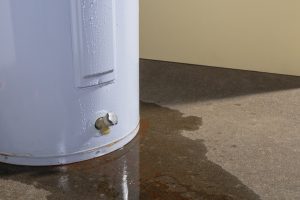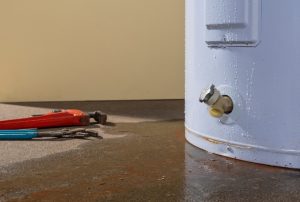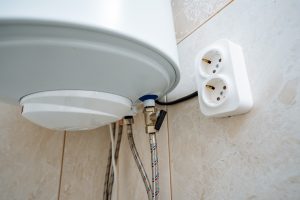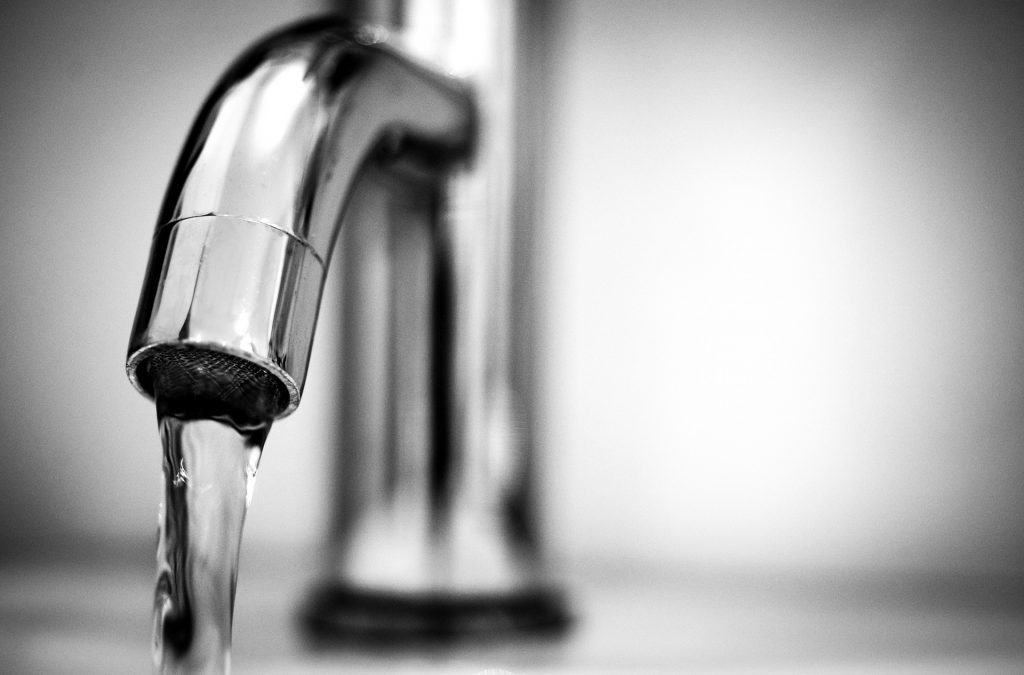Imagine going home after a long day, looking forward to taking a much-needed hot shower, only to notice a foul odor.
You check where it’s coming from and it’s your water heater!
There’s nothing that ruins a relaxing hot bath more than that rotten egg smell that you just can’t expel. If your water heater is reeking of sewer odor, rotten eggs, bleach, gas, or even fish, don’t worry, you’re not alone.
Water heater odors are a common occurrence in households. It also happens in faucets and other fixtures where running water passes through. But why does it happen and how do you address it? We lay it all down in this article.
Cause of Foul Odors from Water Heaters
Foul water heater smells are signs of a deeper underlying problem. There are a few culprits that can be blamed for it. Among them are:
Sulfate Bacteria
Water that stays stagnant in the tank causes the buildup of hydrogen sulfide, a hazardous gas that reeks a strong odor and can also damage your appliances. But how did this get in your water heater, you ask?
Water has traces of sulfate, it being a naturally occurring ion. This is harmless and cannot usually be detected. However, sulfate can turn into dangerous hydrogen sulfide when there are high levels of sulfur-reducing bacteria in the water and if your water heater’s anode rod is corroded. If you have any of these two problems, these would explain the rotten egg smell.
High Levels of Chlorine
If your water heater is reeking a strong chemical or bleach smell, the underlying issue has something to do with chlorine. Most water supplies have small amounts of chlorine used to eliminate bacteria and when levels reach more than 5.0 ppm, it can be harmful to use and much less consumed.
Another culprit is shock chlorination, which happens when high levels of chlorine are added to wells or plumbing systems. This is usually done after strong rain or storms to prevent the growth of bacteria. In case of shock chlorination, the chemical smell should resolve on its own as it dissipates within the water system.
Pollution or Decaying Organic Matter
If rotten egg smells or chemical odors are not your problems, but you’re facing a far worse odor, you might be dealing with decaying organic matter or water pollution. A fishy and earthy water heater smell may be a sign of bacteria, algae, and fungi building up in your heater, shower fixture, faucets, and water tank. Here lies the importance of routine maintenance for these fixtures to get rid of anything that can decay in the pipes and affect the quality of your water.
Leakages or Contamination
If the foul odor you’re smelling reeks of gas or fuel, you’re facing a very rare but serious issue that you need to get checked. This may be because of a gas leak near your area or other landfill contaminations. Have a professional take a look at your water heater if you are facing this odor.
How to Remove the Foul Smell
Rotten egg or sewer odors can easily be eliminated by sanitizing your water heater. The issue is lying right inside it, so you will need to clean the tank with a chemical solution. Hydrogen peroxide works best.
Do note that it’s best to engage the services of professionals to do this procedure, especially if you are not familiar with the interior functions of your water heater. This can be a dangerous DIY project if you don’t do it properly. However, if you are well-versed in water heater functions, below are the steps to get rid of the foul odor.
- Turn off the water heater
If you have an electric water heater, flick off the manual switch. If you have a gas heater, turn it to pilot control. Close the cold water inlet valve before you begin.
- Relieve tank pressure
Relieve pressure in your water heater’s tank by opening the hot water faucet and the temperature and pressure valve. In most models, these are located on top of the appliance. Drain some water out to make way for the hydrogen peroxide solution.
- Disassemble
Remove the temperature and pressure relief valve and the anode rod from the rest of the water heater. This is also a good time to check your anode rod for corrosion, which might be the culprit for the foul odor. Replace corroded anode rods to prevent the issue from happening again.
- Add hydrogen peroxide
Check the tank capacity of your water heater and add 1 to 2 pints of 3% hydrogen peroxide solution for every 40 gallons of water. Pour the solution into the outlet pipe opening or the temperate and pressure relief valve opening.
- Reassemble and fill up
When you’re done adding the solution, reassemble the water heater by returning the parts that you removed. Open the cold-water inlet and fill up the tank with water. When full, close the inlet valve. For 1 to 3 hours, allow the mixture to settle and do its work.
- Drain the solution
After waiting 1 to 3 hours, open the cold-water inlet valve and open the hot water faucets. This will allow the hot water supply to mix with the solution. Drain the rest from the tank. When the mixture is drained, fill up the tank with freshwater. Leave it for 15 minutes and then drain the water from the tank again.
- Turn on the water heater
Turn on the switch of your water heater or switch the control back. Check if the water heater is functioning. This should eliminate the foul odor from your water heater. If it doesn’t, call a professional to help.
Conclusion
A foul odor coming from water heaters can easily be prevented with routine maintenance. Make sure that you sanitize your heaters every now and then to get rid of the bacteria penetrating your water supply. It’s wise to engage the services of a professional to ensure that your water heaters and other appliances are working optimally.
Contact us for high-quality HVAC, air conditioning, water softener, and water heater services at affordable prices.














